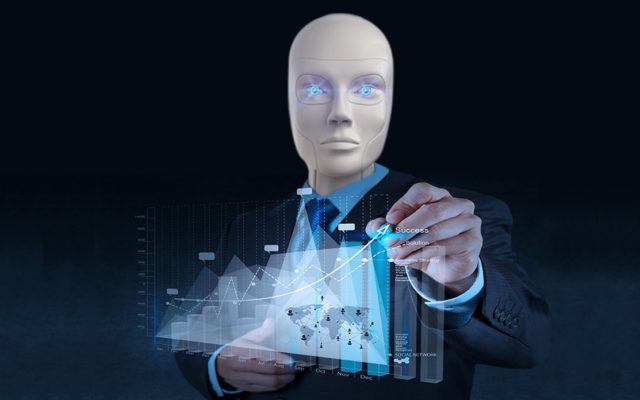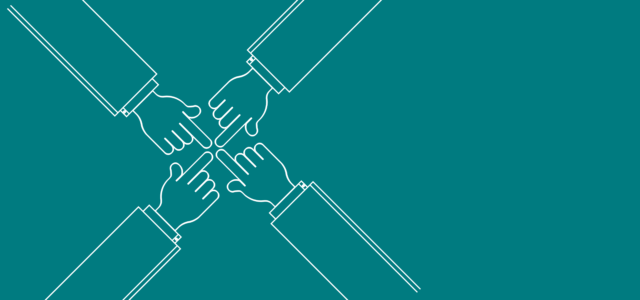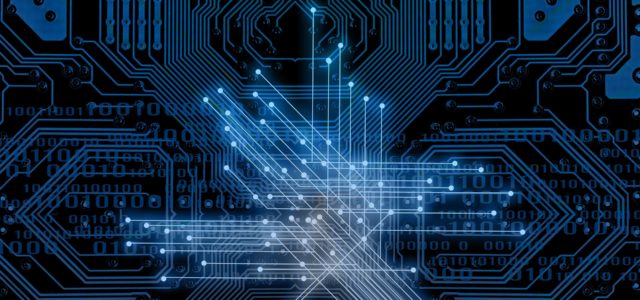Do you sit on the fence with AI? Many who do not understand the role of AI, fail to grasp the impact of the same. As a technologist and a start-up founder, I am constantly meeting people who are either involved in the field or are the ones who want to know more.
Many do not have the time or role capacity to do so and tag along with little knowledge. Much of this is ‘Chinese whispers’ i.e. heard something from someone, who heard it from someone else, and by the time the word was spread, it was completely useless and far from the truth. You know where I am leading with this, right? The risk of such information.
Our minds are powerful tools, they assume an alternate reality. Depending on the perceptions and biases we have, we predict and continue the conversation on an almost false basis.
Now, you see the challenge of that?
Clearly, it is not only dangerous to base an individual’s assessments of AI, whether good or bad, like this, but it’s even worse when you work in an influential role where helping future change is part of your job.
So here is my dummy version and break down of AI in 3 key points:

1. AI does not happen on its own and it is certainly not evil
We are not at the sort of advanced stages in AI where it can create and re-create itself. Yes, of course, advanced AI projects and experiments can go wrong, but they are still not nearly advanced enough that they cannot be trained and shut down.
A lot of the fear of people who don’t work in the field of AI is that it can be evil. Yes, we have seen movies with evil robots taking over the world, but that is not reality. That sort of intelligence is still decades away.
We humans build AI. We build codes and algorithms to function in specific ways. If anything, it’s the people building code who may be evil but not the code itself! Hence the recognition and work from all local and global bodies such as TechUK, IEEE and more, who understand that certain ethical aspects may need to be followed when building an algorithm or code.
2. It takes a huge amount of automation, machine learning, and large data sets
AI does not happen on its own. I feel like I have been repeating myself over and over again with this statement. The understanding of what it takes to bring AI to life is not recognised enough. Including the thinking that AI will solve the problem.
Basically, it takes tons of automation and machine learning, with thousands of relevant datasets to start forming patterns. At best, these patterns and predictions, as a result, are a by-product of machine learning. Most HR and recruitment technology out there are basic machine learning or slightly advanced NLP (Natural language processing). They are far from advanced machine learning, let alone AI.
3. AI will help boost the growth of “human jobs,” but the nature of those jobs will change
As a matter of fact, the more machines evolve, and AI is developed, the more humans we will be needed in the workplaces. Businesses will need to re-train staff or learn to hire more flexible, self-sufficient and self-learning project based skilled individuals & professionals will have to learn to adopt change, re-train and be open to a job title and role that did not exist 5 years ago or may still not exist at present.
Think of it like this. 10 years ago, when the first few social media experts and digital marketers were being hired, it was a scary prospect for many traditional marketers. However, we just had to get on with the change. Most of them re-trained, and are now holding very different job titles.
It is exciting to see how Facebook has had to hire tons of community moderators globally. A job that did not exist a few years ago. Now, so many similar new job titles and roles, easy, fun and fulfilling for humans, are being born.
Don’t believe me? Read this blog These tech giants have in the past belittled humans vs. technology. Now they are now forced to relook at this in favour of skilled talent and changing roles of people with technology.
In my opinion…
There will need to be a great balance, diverse skill sets and better technology moving forward to give a business the full benefit of growing tech and teams.
Now, of course, I am not a computer science student of late. In fact, after coding for a couple of years in school and college, I have majored with an MBA in Finance. I have worked with people as part of HR, change and recruitment teams. So, either my view is the most novel that makes sense or it is of a technologist that is now entering the world with a challenging view to simplifying the complexity around me.
Article by channel:
Everything you need to know about Digital Transformation
The best articles, news and events direct to your inbox
Read more articles tagged: Featured, Future of Work, HR







